Akurit Kid Tablet 6's
MRP ₹22
(Inclusive of all Taxes)
₹2.6 Cashback (12%)
Provide Delivery Location
Online payment accepted
 Prescription drug
Prescription drugWhats That
Composition :
Manufacturer/Marketer :
Consume Type :
Expires on or after :
Return Policy :
About Akurit Kid Tablet
Akurit Kid Tablet belongs to the group of medicines called anti-tuberculosis drugs primarily used to treat and prevent tuberculosis. Tuberculosis is an infectious disease that mainly affects the lungs, but it can also spread to other body parts such as the kidneys, brain, spine, and bone marrow.
Akurit Kid Tablet is a combination of two anti-tuberculosis drugs, namely: Rifampicin, and Isoniazid. Rifampicin inhibits DNA-dependent RNA polymerase activity in the bacteria. Isoniazid inhibits the biosynthesis of mycolic acid, which is the major component of the cell wall. Together, Akurit Kid Tablet kills Mycobacterium tuberculosis which causes TB (tuberculosis).
In some cases, you may experience certain common side-effects such as drowsiness, dizziness, headache, weakness, muscle pain, heartburn, diarrhoea, gas, and numbness or tingling sensation. Most of these side-effects do not require medical attention and will resolve gradually over time. However, you are advised to talk to your doctor if you experience these side-effects persistently.
Consult your doctor before taking Akurit Kid Tablet if you are pregnant or planning for pregnancy. Avoid breastfeeding while taking Akurit Kid Tablet as it passes into breast milk. Akurit Kid Tablet may cause dizziness, and vision problems, so drive only if you are alert. Avoid alcohol consumption while taking Akurit Kid Tablet as it could lead to increased drowsiness, dizziness and liver damage.
Uses of Akurit Kid Tablet
Directions for Use
Key Benefits
Akurit Kid Tablet is a combination of two anti-tuberculosis drugs, namely: Rifampicin, and Isoniazid. Rifampicin inhibits DNA-dependent RNA polymerase activity in the bacteria. Isoniazid inhibits the biosynthesis of mycolic acid, which is the major component of the cell wall. Together, Akurit Kid Tablet kills Mycobacterium tuberculosis which causes TB (tuberculosis).
Storage
Drug Warnings
Do not take Akurit Kid Tablet if you are allergic to any of its contents; if you have jaundice, or if you are taking HIV medicines (saquinavir or ritonavir). Before starting Akurit Kid Tablet, please inform your doctor if you have diabetes, epilepsy, gout, mental health problems, HIV infection, malnutrition, peripheral neuropathy, porphyria, bleeding problems, kidney or liver problems. Consult your doctor before taking Akurit Kid Tablet if you are pregnant or planning for pregnancy. Avoid breastfeeding while taking Akurit Kid Tablet as it passes into breast milk. Akurit Kid Tablet may cause dizziness, and drowsiness, so drive only if you are alert. Avoid alcohol consumption while taking Akurit Kid Tablet as it could lead to increased drowsiness, dizziness and liver damage.
Drug-Drug Interactions
Drug-Drug Interactions
Login/Sign Up
Taking saquinavir with Akurit Kid Tablet can increase the risk or severity of side effects.
How to manage the interaction:
Although there is an interaction between pyrazinamide and Akurit Kid Tablet, they can be taken together if prescribed by a doctor. However, if you experience fever, stomach pain, less desire to eat, nausea, yellowing of the skin or eyes, or dark urine, contact your doctor immediately. Do not discontinue any medications without consulting a doctor.
When Indinavir is taken with Akurit Kid Tablet, it can reduce the blood levels and effects of Indinavir.
How to manage the interaction:
Although there is an interaction between indinavir and Akurit Kid Tablet, they can be taken together if prescribed by a doctor. However, if you experience any unusual symptoms, contact your doctor immediately. Do not discontinue any medications without consulting a doctor.
Taking pirfenidone with Akurit Kid Tablet can reduce the levels and effects of pirfenidone
How to manage the interaction:
Although there is an interaction between pirfenidone and Akurit Kid Tablet, they can be taken together if prescribed by a doctor. However, if you experience any unusual symptoms, contact a doctor immediately. Do not discontinue any medications without consulting a doctor.
Taking darunavir with Akurit Kid Tablet can decrease the blood levels of darunavir, which may make the medication less effective.
How to manage the interaction:
Although there is an interaction between darunavir and Akurit Kid Tablet, they can be taken together if prescribed by a doctor. However, if you experience any unusual symptoms, contact your doctor immediately. Do not discontinue any medications without consulting a doctor.
Taking Voriconazole with Akurit Kid Tablet can increase blood level of Voriconazole.
How to manage the interaction:
Although there is an interaction between Voriconazole with Akurit Kid Tablet, it can be taken if prescribed by a doctor. However, if you experience any unusual symptoms contact a doctor immediately. Do not discontinue any medications without consulting a doctor.
When ranolazine is taken with Akurit Kid Tablet, it can reduce the blood levels and effects of ranolazine.
How to manage the interaction:
Although there is an interaction between ranolazine and Akurit Kid Tablet, they can be taken together if prescribed by a doctor. However, if you experience any unusual symptoms, contact a doctor immediately. Do not discontinue any medications without consulting a doctor.
When Akurit Kid Tablet is taken with Regorafenib, it can increase the levels of Regorafenib leading to side effects.
How to manage the interaction:
Taking Regorafenib with Akurit Kid Tablet is not recommended, it taken can be taken if prescribed by the doctor.
When Lomitapide is taken with Akurit Kid Tablet, Akurit Kid Tablet may increase the blood levels of lomitapide which leads to side effects.
How to manage the interaction:
Taking Akurit Kid Tablet with Lomitapide is not recommended but can be taken if prescribed by a doctor. However, if you experience fever, chills, joint pain or swelling, unusual bleeding or bruising, skin rash, itching, exhaustion, nausea, vomiting, dark urine, light stools, and skin or eye yellowing, decreased hunger, consult the doctor.
When Lovastatin is taken with Akurit Kid Tablet, can increase the risk of myopathy (muscles problems), including rhabdomyolysis (a condition that causes your muscles to break down, which leads to muscle death).
How to manage the interaction:
Taking Akurit Kid Tablet with Lovastatin is not recommended but can be taken if a doctor has prescribed it.
Taking bedaquiline with Akurit Kid Tablet can decrease the blood levels of bedaquiline, which may make the medication less effective.
How to manage the interaction:
Although there is an interaction between bedaquiline and Akurit Kid Tablet, they can be taken together if prescribed by a doctor. Do not discontinue any medications without consulting a doctor.
Drug-Food Interactions
Drug-Food Interactions
Login/Sign Up
Diet & Lifestyle Advise
- Pineapple juice might help soothe the symptoms of cough and cold. It also has anti-inflammatory and mucolytic properties.
- Foods rich in vitamin C such as kiwi, broccoli, and bell pepper helps in improving the immune system.
- Avoid processed and fried foods.
- Warm ginger tea or warm soup can help in providing relief from cough.
- Avoid foods and drinks containing histamine or tyramine such as cured meat, matured cheese, soya, tuna, salmon, mackerel, wine, and beer.
- Quit smoking and avoid alcohol consumption.
Side Effects of Akurit Kid Tablet
- Drowsiness
- Dizziness
- Headache
- Weakness
- Muscle pain
- Heartburn
- Diarrhoea
- Gas
- Numbness
Habit Forming
Therapeutic Class
All Substitutes & Brand Comparisons
Author Details
We provide you with authentic, trustworthy and relevant information
Drug-Diseases Interactions
Drug-Diseases Interactions
Login/Sign Up
FAQs
Drug-Drug Interactions Checker List
- SAQUINAVIR
- RITONAVIR
- ACETAMINOPHEN
- HYDROCODONE
- DULOXETINE
- BUPROPION
- DILTIAZEM
- ETHAMBUTOL
- PYRAZINAMIDE
- CHOLECALCIFEROL
- ERGOCALCIFEROL
Special Advise
- Akurit Kid Tablet may affect test results of some blood tests such as tests for folate, vitamin B12, and liver function. Inform the person doing the tests that you are taking Akurit Kid Tablet.
- Your doctor may advise you to get regular liver tests while taking Akurit Kid Tablet to check how your liver is functioning.
Disease/Condition Glossary
Tuberculosis (TB): Tuberculosis is an infectious disease that affects the lungs, but it could also spread to other body parts such as kidneys, brain, spine, and bone marrow. Tuberculosis is caused by a bacteria named Mycobacterium tuberculosis. It is a contagious disease which can spread to others through small droplets released into the air by a person suffering from tuberculosis. Symptoms include a cough that lasts for a few weeks, pain while coughing or with normal breathing, unexplained fatigue, fever, night sweats, loss of appetite and weight. People who smoke or consume alcohol, people diagnosed with HIV, and immune system problems are more likely at risk of developing active TB.

Have a query?
Alcohol
Safe if prescribed
Avoid alcohol consumption while taking Akurit Kid Tablet as it could lead to increased drowsiness, dizziness and liver damage.
Pregnancy
Consult your doctor
Please consult your doctor if you are pregnant, your doctor will prescribe Akurit Kid Tablet only if the benefits outweigh the risks.
Breast Feeding
Consult your doctor
Akurit Kid Tablet passes into breast milk. Do not breastfeed while taking Akurit Kid Tablet.
Driving
Safe if prescribed
Akurit Kid Tablet may cause dizziness, drowsiness, numbness and tingling sensation in hands and feet. Do not drive or operate machinery if you experience these symptoms.
Liver
Consult your doctor
Dose adjustment may be needed. Please consult your doctor before taking Akurit Kid Tablet if you have liver impairment/liver disease.
Kidney
Consult your doctor
Dose adjustment may be needed. Please consult your doctor if you have any concerns regarding this or if you have kidney impairment/kidney disease before taking Akurit Kid Tablet.
Children
Safe if prescribed
Please consult your doctor. Your doctor may suggest suitable dose and dosage form based on your child's age, body weight and medical condition. Kid tablets could be used in children if prescribed by the doctor.


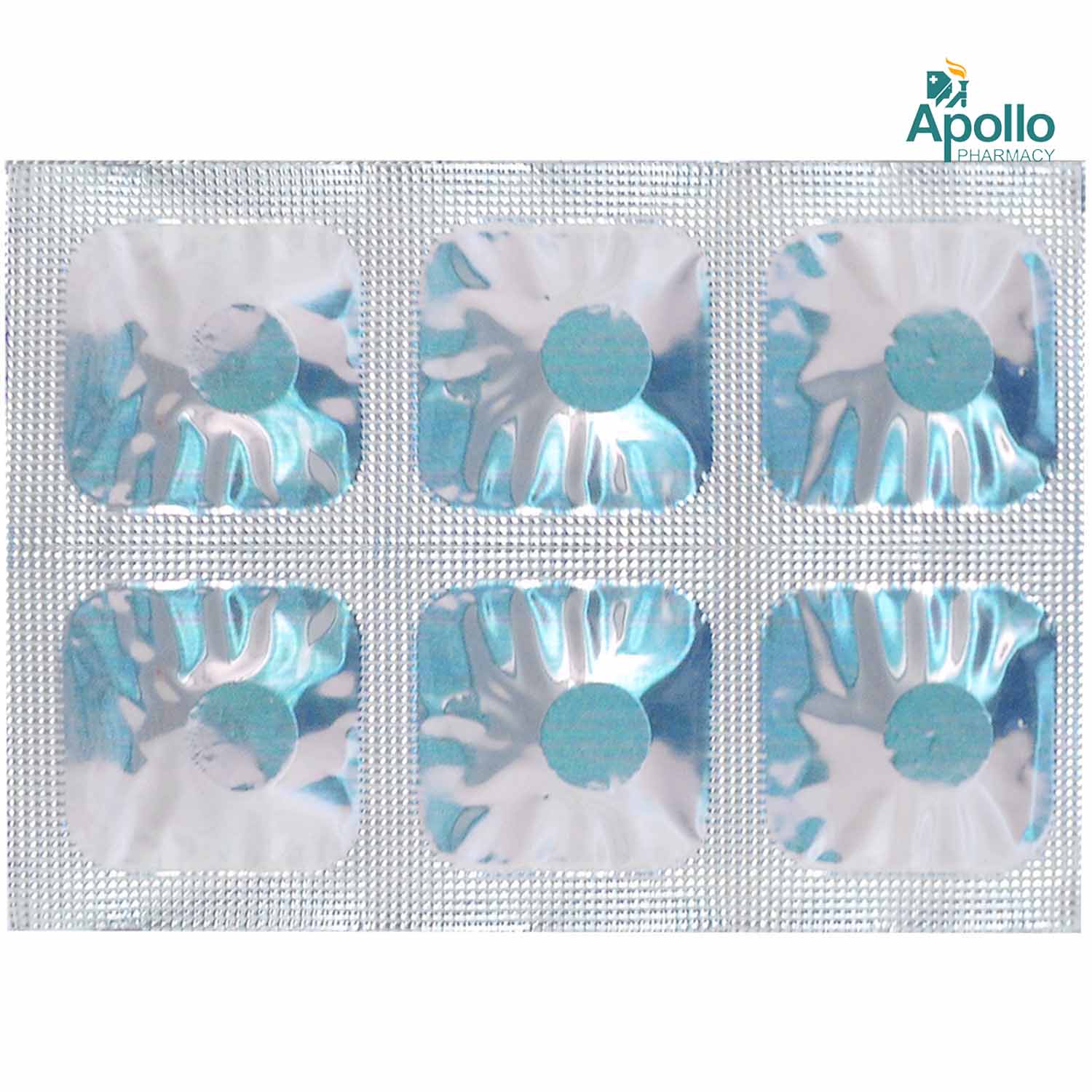
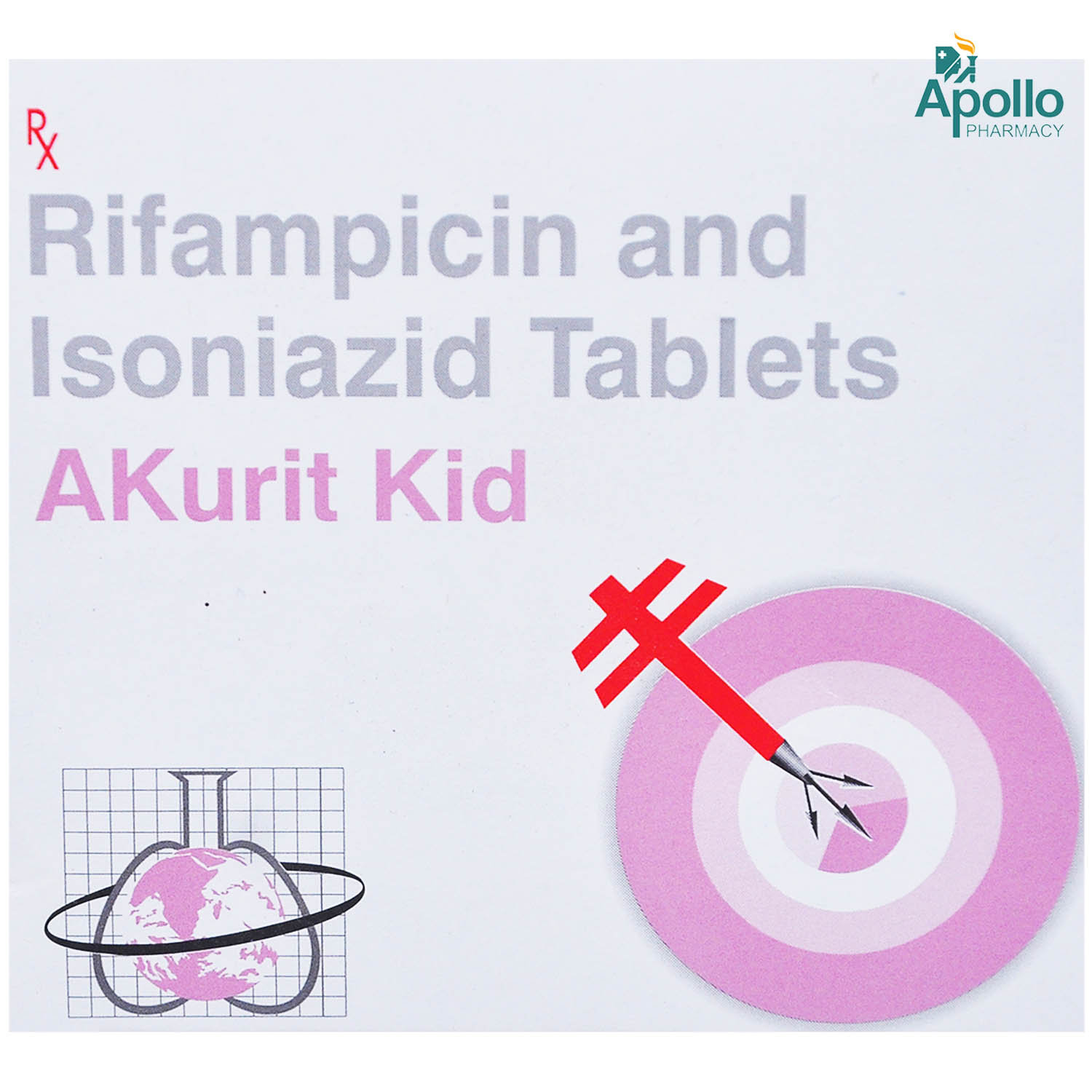
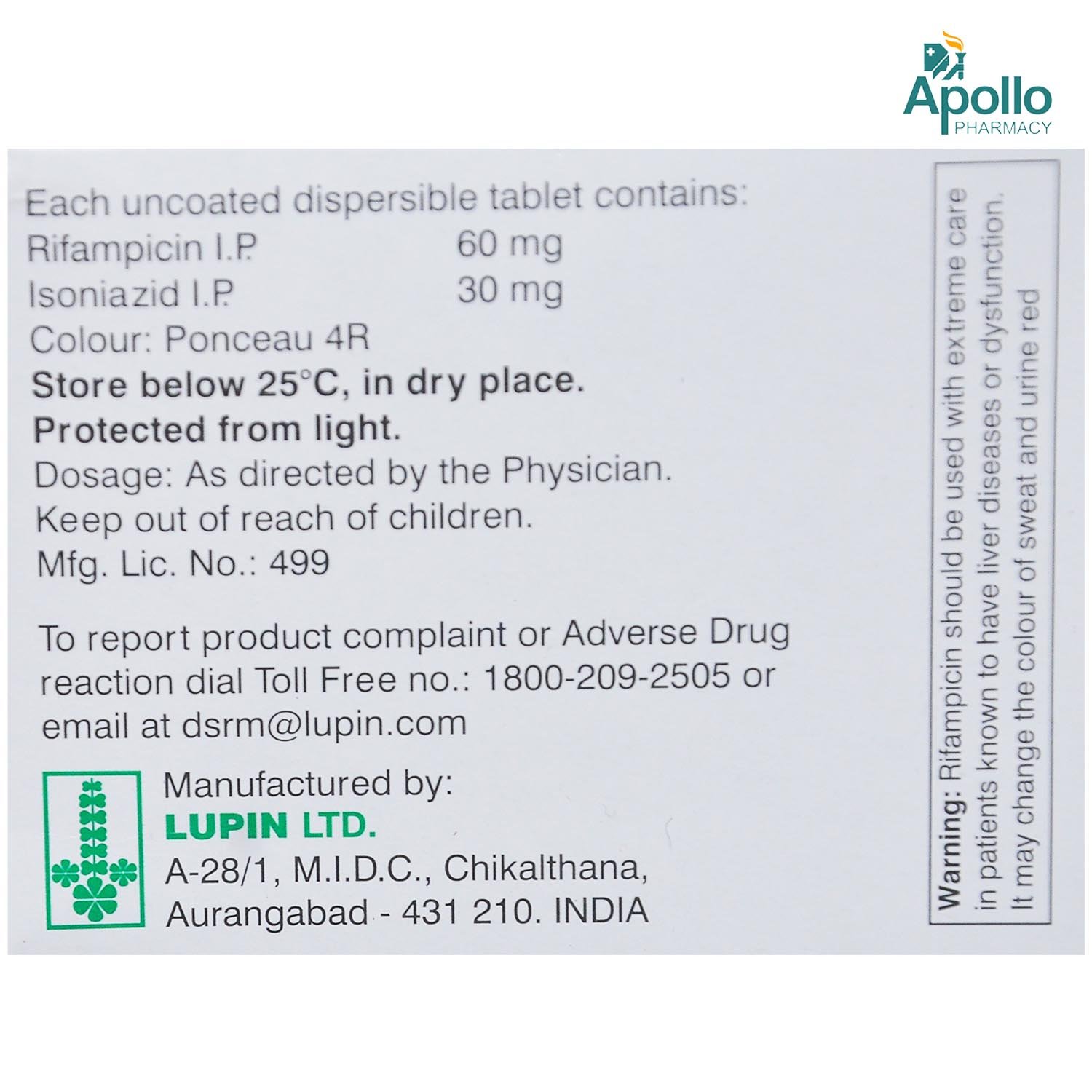
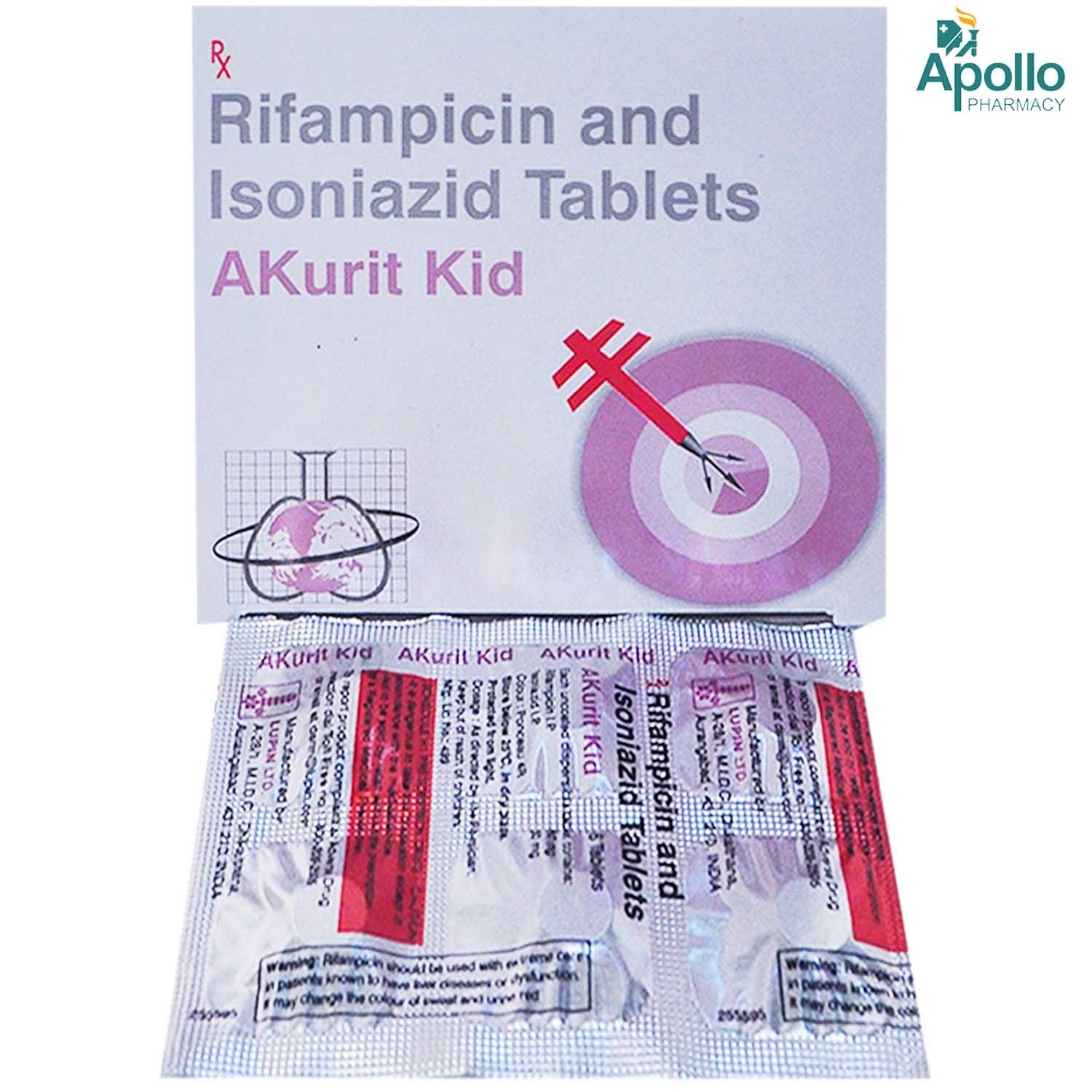
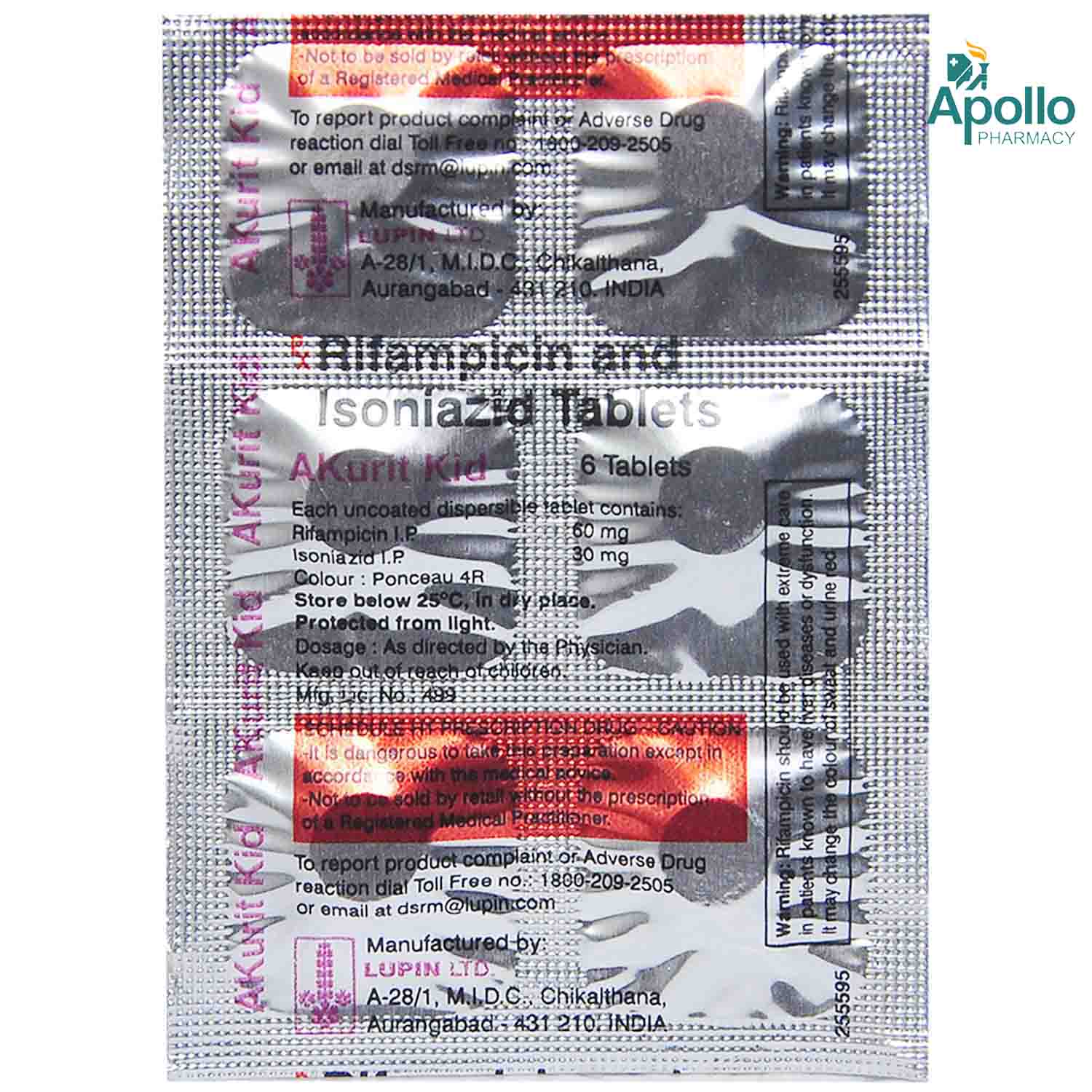








_0.jpg?tr=q-85)

